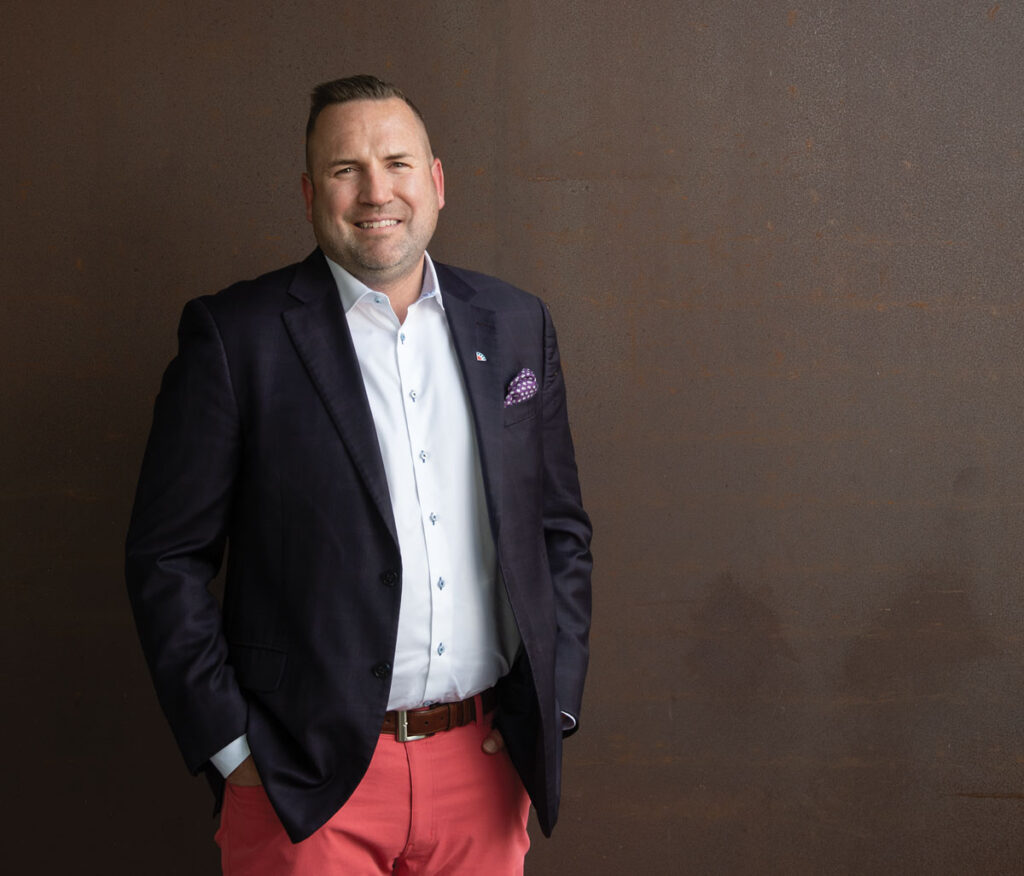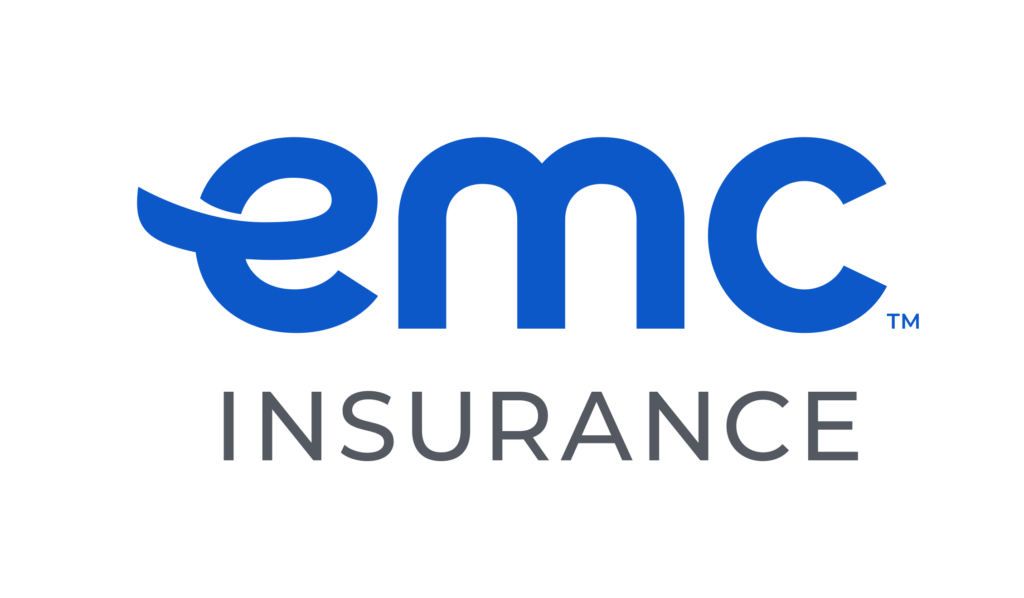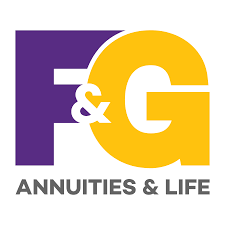A Closer Look: John Egan

Where are you from originally?
My family is from the tri-state area (New York, New Jersey and Connecticut). I grew up in Queens and got my undergraduate degree in accounting from Manhattan College and worked in Manhattan.
How did you get started in financial services?
I went to work for a company called Irving Trust Co., which is now part of The Bank of New York Mellon Corp., and at night went to grad school for an M.B.A.; Irving encouraged its employees to continue their education, and they paid for it.
Was your goal to work on Wall Street?
That wasn’t my goal, but that’s where I ended up. That is the mecca of finance, so it was something I certainly looked forward to. It was certainly great exposure to the business community. After seven or eight years with Irving I went to work for a public accounting firm, Deloitte Touche, consulting for them (in securitizing mortgages).
How did you come to work for Assurant?
I went to Fortis, which spun us off via (initial public offering) in 2004, and that’s when Assurant was born. That’s where my first take in investor relations came about; prior to being a public company, there was no need for an investor relations department. … It was an exciting time. When we spun off in 2004, the market was certainly in an upswing, and investor relations was a real rewarding job at that point, and a lot of it had to do with (the fact) that the investors were happy with their investment.
How did that change during the financial crisis?
All of a sudden, people were really questioning what the company was about, what they were doing. So you were really tested in what investor relations is truly all about – good relationships, credibility, trustworthiness came front and center. They could trust you when the stock price was going up, so that even when the stock price was dropping, they listened to you.
What was the toughest situation you faced during the crisis?
At Assurant, five senior executives received Wells notices from the (U.S. Securities and Exchange Commission) that they were being investigated. The board in turn put these executives on leave, and our stock dropped 25 percent in a matter of days. The real difficult part was that because it was an ongoing investigation, there was only so much you could say about the details.
What has been the biggest change since then in investor relations?
We’ve come through a crisis where people were very tentative about investing in a financial company, certainly an insurance company. I think (that Principal has) demonstrated our worth, that our products are meaningful and very important.
How have you found your position with Principal?
Having worked for an insurance company that was almost a peer to Principal, I knew Principal pretty well. When I came on board, I was pleasantly surprised that they were even more than I thought they were. The people here, from Larry Zimpleman, the CEO and chairman, all the way down the line, people are really very proud to work at Principal.
What does your wife do?
My wife is a stay-at-home mom, which is a full-time job. We have three girls – ages 7, 11 and 13. We bought this old house in the Waterbury section of town, so she’s been fixing it up and also taking care of the three children. She tells me often that that’s beyond a full-time job.
What are your hobbies?
We like to run; my wife and I did the Des Moines Half Marathon. And we did the New York City Marathon this past year – it was a bit of a struggle, but we finished, and that’s the important thing.











